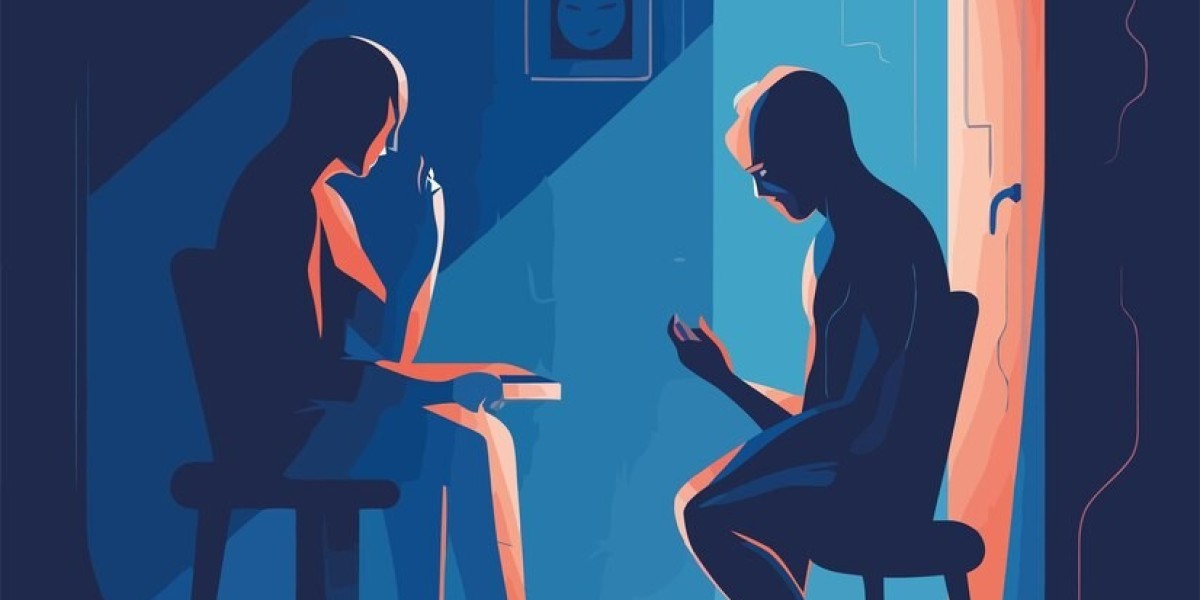Childhood trauma is a complex and deeply distressing experience that can have long-lasting effects on a person's physical and mental health. In recent years, there has been a growing recognition of the significant impact that childhood trauma can have on individuals well into adulthood. This article will explore the various long-term health consequences of childhood trauma and the role that Online therapy can play in healing and recovery.
Childhood Trauma: A Hidden Epidemic
Childhood trauma refers to experiences or events that are emotionally or physically harmful to a child's well-being. It can range from physical, sexual, or emotional abuse to neglect, witnessing domestic violence, or experiencing the loss of a loved one. Unfortunately, childhood trauma is far more prevalent than we realize. According to the Centers for Disease Control and Prevention (CDC), nearly 60% of adults have experienced at least one adverse childhood experience (ACE).
The Lifelong Impact of Childhood Trauma
The effects of childhood trauma can extend far beyond the initial experience. Research has shown that individuals who have experienced childhood trauma may be at a higher risk for a range of physical and mental health conditions. These can include:
- Mental Health Disorders: Childhood trauma has been linked to an increased risk of developing conditions such as depression, anxiety, post-traumatic stress disorder (PTSD), and borderline personality disorder (BPD).
- Substance Abuse: Individuals who have experienced childhood trauma are more likely to turn to substances such as drugs or alcohol as a coping mechanism, leading to a higher risk of addiction.
- Physical Health Issues: Childhood trauma can have detrimental effects on physical health as well. It has been associated with a higher risk of chronic diseases such as heart disease, diabetes, and autoimmune disorders.
- Impaired Brain Development: Early trauma can disrupt normal brain development, leading to difficulties in cognitive functioning, learning, and emotional regulation.
- Relationship Difficulties: Childhood trauma can impact an individual's ability to form and maintain healthy relationships, leading to difficulties in intimacy, trust, and communication.
The Role of Online Therapy in Healing
Over the years, therapy has proven to be an effective tool in helping individuals navigate the complex aftermath of childhood trauma. Online therapy, in particular, offers a convenient and accessible way for individuals to seek support and begin their healing journey. Here are some ways in which online therapy can be beneficial:
- Accessibility: Online therapy allows individuals to access professional help from the comfort of their own homes, eliminating barriers such as travel or limited availability of local therapists.
- Anonymity: For those who may feel hesitant or embarrassed about seeking therapy, online platforms provide a level of anonymity that can make the process feel safer and more comfortable.
- Flexibility: Online therapy offers greater scheduling flexibility, making it easier for individuals to fit therapy sessions into their busy lives.
- Variety of Therapeutic Approaches: Online therapy platforms often provide a wide range of therapists with different specialties, allowing individuals to find a therapist who specializes in trauma treatment and meets their specific needs.
Seeking Help and Overcoming the Effects of Childhood Trauma
If you have experienced childhood trauma, it is important to remember that you are not alone, and help is available. The following actions can help you start the healing process:
- Acknowledge the Impact: Recognize that your childhood trauma has had a profound effect on your life and understand that healing is a process that takes time and commitment.
- Seek Professional Help: Consider reaching out to a therapist who specializes in trauma treatment. Online therapy platforms can be an excellent resource to find qualified professionals who can support you on your journey.
- Practice Self-Care: Engage in activities that promote your emotional and physical well-being. This can include exercise, mindfulness practices, connecting with supportive friends or family members, and engaging in hobbies that bring you joy.
- Join Support Groups: Connecting with others who have experienced similar traumas can be incredibly validating and healing. Look for local or online support groups where you can share your experiences and learn from others.
- Educate Yourself: Gain knowledge about the effects of childhood trauma and different healing modalities. This can help you understand your own experiences better and make informed decisions about your healing process.
In conclusion, childhood trauma can have long-lasting effects on an individual's physical and mental health. But healing and rehabilitation are achievable with the correct help and tools. Online therapy offers a convenient and accessible way for individuals to seek help and navigate the complex aftermath of childhood trauma. By acknowledging the impact of childhood trauma, seeking professional help, practicing self-care, joining support groups, and educating oneself, individuals can begin to heal and move beyond the scars of their past.








